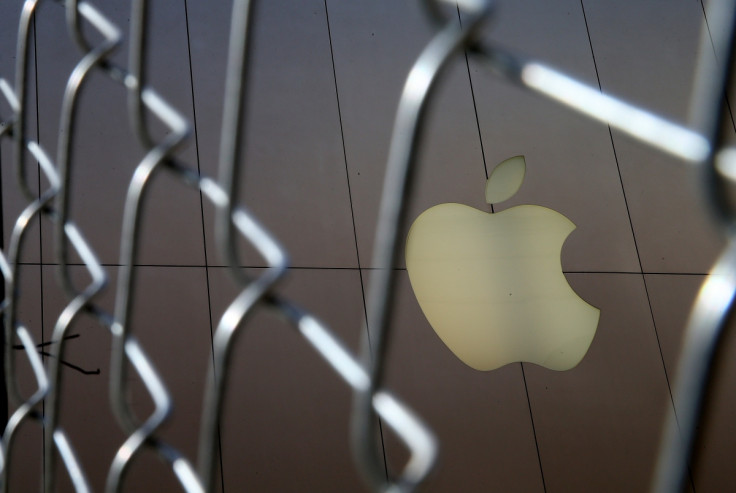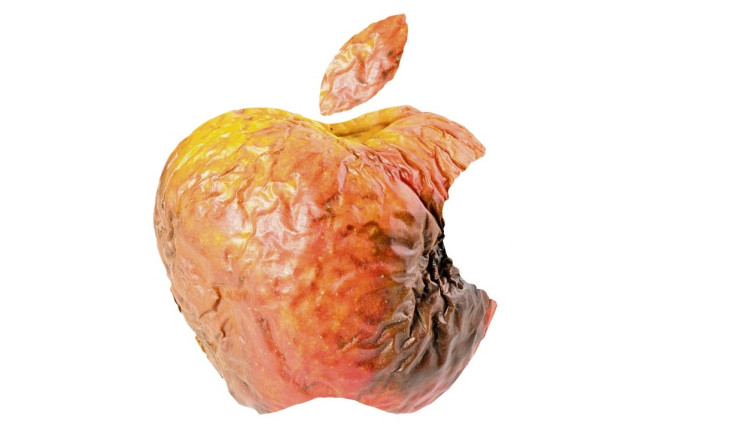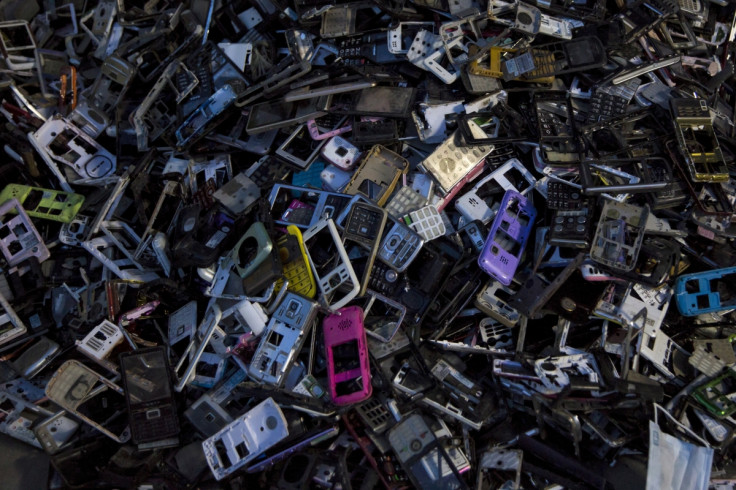Apple's closed ecosystem is threatening to derail the technological revolution

The promise of ubiquitous computing is one that has been with us even before the existence of technology that could potentially support it. Visionary authors and film-makers have painted a picture of the future that features screens on every wall, video phones, and technologies that are fully interconnected to provide computers with full immersion in the physical world.
For the last decade, as the mobile revolution has redefined computing and liberated data interactions that used to be chained to the desk or lap, we have seen an increase in the tempo of these promises. We are being repeatedly told what we will soon be living in an interconnected utopia, with data and services available to us that will revolutionize our lives.
Marc Andreessen, one of the authors of Mosaic and later a founder of Netscape, is one prominent proponent of this doctrine. In a recent article he tells us that soon "every table, every wall, every surface will have a screen" and that we will be able to "walk up to a wall, sit at a table and [talk to] an earpiece or eyeglasses to make a call." And he is far from alone in this vision.
Despite the support of some very smart people, when we begin to dissect the arguments by looking at where we are now and where we need to go, the promise begins to unravel a bit. In fact, a startling alternative future begins to emerge.
"Large companies like Apple simply don't trust the free market. Or rather, they doubt their ability to compete in it and so they seek to guard their business at the expense of the usefulness of their technology."
We don't even need to dig very deep for the cracks to show. One of the features of ubiquitous computing is interconnectedness. The screens that will feature on every surface will need to have data to display. Presumably much of this data will be coming from the myriad sensors and microcomputers we've been told will be embedded in everyday objects. So far, so good.
But whose sensors? And whose screens?
These may seem like unimportant questions, but in the context of where we stand with technology today they are necessary questions. For the modus operandi of the majority of technology companies today is to develop products that lock you into using their interfaces and software. And to use them only in ways that they want us to.
Ubiquitous computing
To see the difference, take a look at technologies that have achieved ubiquity. You will find that they have one thing in common – they operate on standards that allow different companies to offer products and services associated with the technology. Technologies like the telephone and DVD players and connectivity solutions like USB and Bluetooth all provide published interfaces for programmers and companies to build products on top of.

Compare the situation to video calling. You can use Facetime or Skype, or any of the other dozens of other platforms that provide this service. What you cannot do is call someone that uses a different service. You can buy videophones designed for Skype, but they are useless for any other platform. And if Skype should fold, or change their service, they are useless altogether.
The implications for ubiquitous computing are clear – the reason that we don't have videophones in every home yet has less to do with network bandwidth or inadequate technology than the fact that each service insists on locking you into their platform. How could a company or individual implement video surfaces as described by Mr. Andreessen if callers could be using any of eight available video platforms, each tied to a service incompatible with each other?
And how about all of those sensors we're being told to expect to see embedded in nearly everything within 20 years. Presumably we'll want to look at some of the collected data on a screen at some point. How will that work?
'Walled garden' vs. the open marketplace
Everykey is one of these glue-type products that a future characterized by ubiquitous computing will necessarily be built upon. In this case, the product seeks to inter-operate with all of a person's smart devices, unlocking them when they are near and locking them again when they leave. This product allows people to achieve reasonable security seamlessly and without sacrificing usability, both important aspects of ubiquity.

But developer Chris Wentz told us about a roadblock encountered in development. In fact, this obstacle mandated that they release their product without support for the iPhone lock screen. "When we went to add support for the iPhone lock screen we found that we weren't able," Wentz said. "Apple won't let us."
Wentz was quick to add that there is no hardware limitation in Everykey that prevents them from doing this. Apple simply does not allow them to access the lock screen via the API. Mr. Wentz went on to say that this is a "huge inconvenience" to the end user and that they hope to find a way to work around it. If Apple lets them, that is.
For those trying to develop for and integrate with Apple this is nothing new. Since the introduction of the iPhone, Apple has favoured a closed ecosystem over the open marketplace. System apps that cannot be replaced, app publication rules subject to change on a whim and an inability to load unapproved apps are all symptoms of a company that does not wish to cooperate with others. They may prefer to call it a "walled garden" to evoke positive associations, but users and third developers that try to peek over the wall glimpse nothing but rotten fruit.
Drowning in technology
It is not difficult to understand why large companies behave this way. They would say that it gives them an edge against the competition. A more accurate description would be that large companies like Apple simply don't trust the free market. Or rather, they doubt their ability to compete in it and so they seek to guard their business at the expense of the usefulness of their technology.

It is also not difficult to see that if the providers of technology continue to behave in this way we may never see the kind of technological future we're being promised. In order to get us there, companies will need to embrace the concept of a free and open marketplace. Open standards and APIs may allow other companies to compete, but interface lock-in will keep the marketplace artificially small. It is a fool's bargain.
If we continue down this road we may still reach a future where we have screens on every wall and surface. Not because they are each inherently useful but because we need a separate screen for each vendor's sensors and smart devices. And as companies and services come and go, the landfills will begin filling up with digital junk that cannot be reprogrammed.
Instead of being immersed in technology, humanity will be drowning in it.
Who is Rob Loggia?
Rob Loggia is a white hat hacker who has worked in the cybersecurity industry for many years doing research, data collection and data analysis.
© Copyright IBTimes 2025. All rights reserved.





















